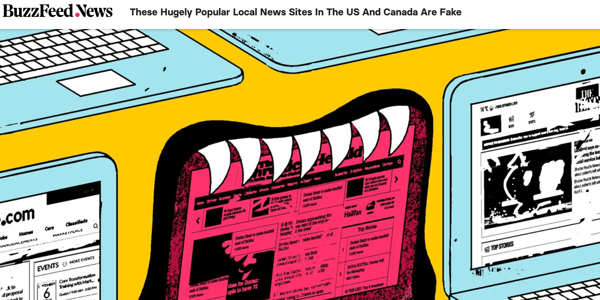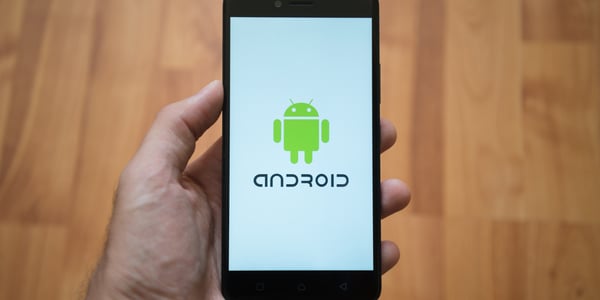
This week's review of ad fraud and quality in the digital advertising space.

Pixalate is excited to announce that we will be speaking at the 614 Group's Brand Safety Summit event in New York City on November 14, 2019. We will join industry leaders from GroupM and IBM to discuss the current state of brand safety technology.
Pixalate's panel includes:

BuzzFeed News this week reported on two popular US (Albany) and Canadian (Edmonton) news websites that are allegedly complete fakes. "The sites, whose ultimate beneficiary is unknown, provide yet another example of how the digital ad industry is being ravaged by dubious schemes and outright fraudsters who steal money from brands by causing ads show up on sites and apps with fake or manipulated audiences, among other techniques," wrote BuzzFeed News.

CNET reported on an instance in which hackers took over a user's facebook account in the middle of the night to operate "a widespread advertising campaign with a budget of $10,000 per day to promote a 13-second video in the US, Mexico and Australia."
There are "growing frustrations over Facebook's handling of fraudulent ads," wrote CNET. "The more than 2.45 billion people who log on to Facebook each month make an attractive target for ads with malicious links, and utilizing someone's ad account has become an increasingly popular way for an online criminal to bankroll the scam for free."

"Google has confirmed that another set of Play Store apps have now been removed after they were found to be infecting devices with malware," reported Forbes. "The seven apps are designed to open backdoors onto an infected device, pulling separate malware apps from elsewhere, circumventing Play Store security," wrote Forbes.

In this video, eMarketer "discusses [their] estimates for US spending on programmatic direct ads and the factors driving growth," including social and OTT.
*By entering your email address and clicking Subscribe, you are agreeing to our Terms of Use and Privacy Policy.
These Stories on Weekly Recaps
*By entering your email address and clicking Subscribe, you are agreeing to our Terms of Use and Privacy Policy.

Disclaimer: The content of this page reflects Pixalate’s opinions with respect to the factors that Pixalate believes can be useful to the digital media industry. Any proprietary data shared is grounded in Pixalate’s proprietary technology and analytics, which Pixalate is continuously evaluating and updating. Any references to outside sources should not be construed as endorsements. Pixalate’s opinions are just that - opinion, not facts or guarantees.
Per the MRC, “'Fraud' is not intended to represent fraud as defined in various laws, statutes and ordinances or as conventionally used in U.S. Court or other legal proceedings, but rather a custom definition strictly for advertising measurement purposes. Also per the MRC, “‘Invalid Traffic’ is defined generally as traffic that does not meet certain ad serving quality or completeness criteria, or otherwise does not represent legitimate ad traffic that should be included in measurement counts. Among the reasons why ad traffic may be deemed invalid is it is a result of non-human traffic (spiders, bots, etc.), or activity designed to produce fraudulent traffic.”

